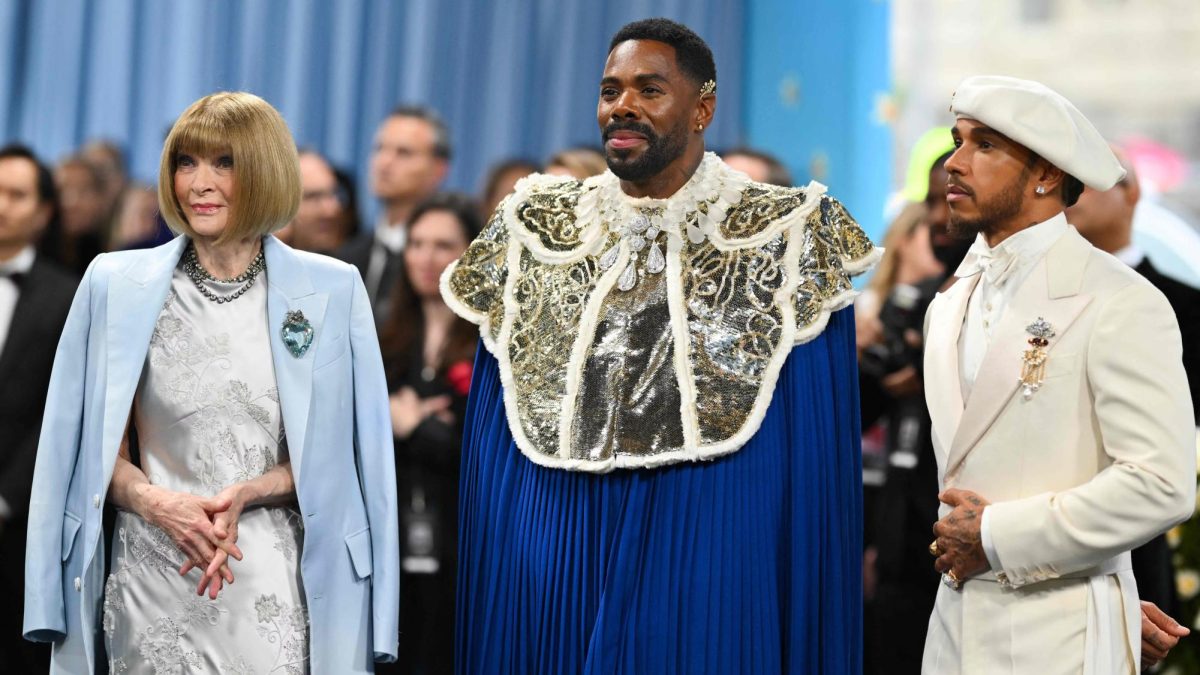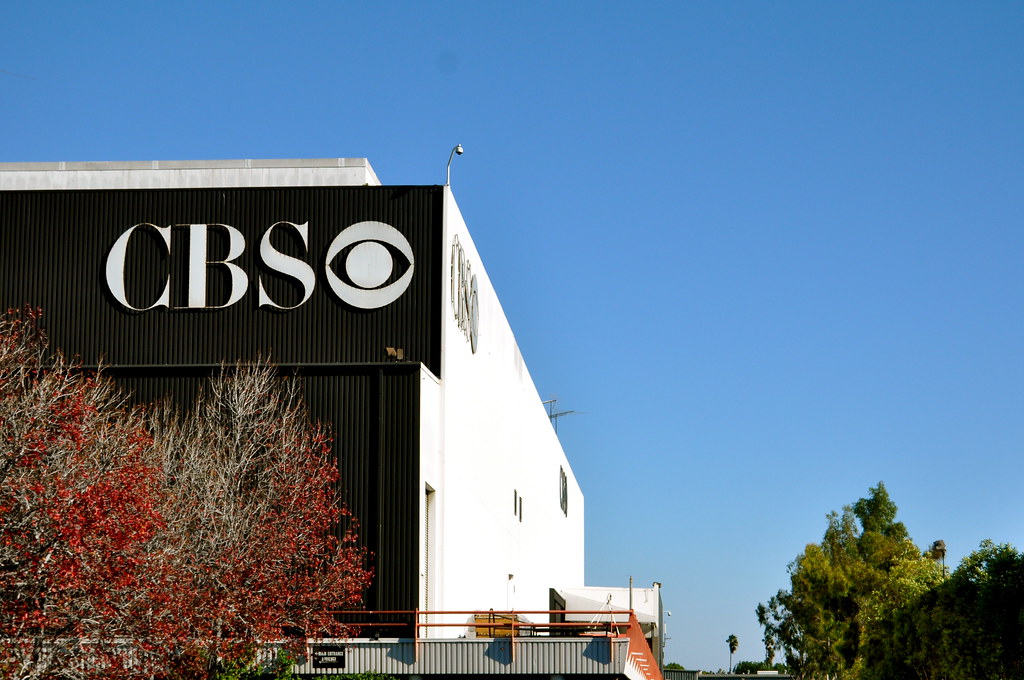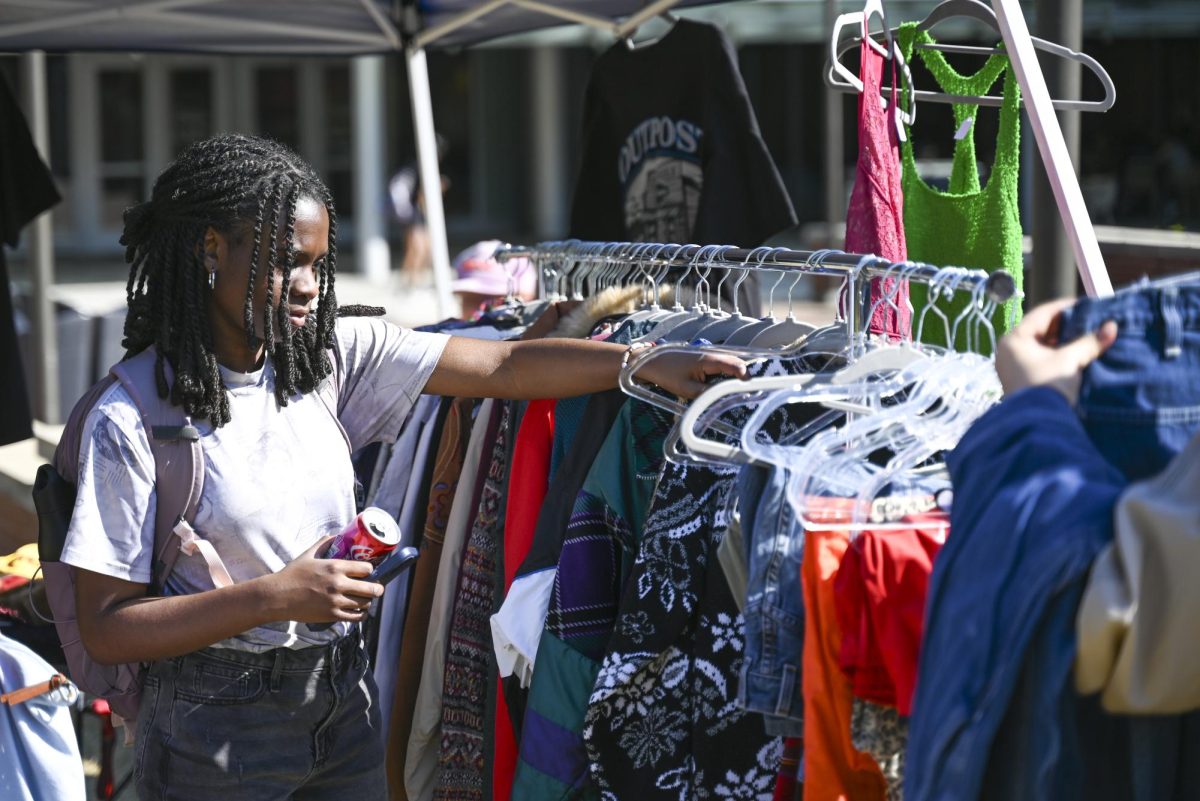English, a once concise and proper language, has evolved into a diverse and highly effective tongue. Through slang, technology, and Spanish speaking immigrants, English has become quite different from its intended formation. Although America has no official language, English is the primary form of communication.
Ebonics, an ethnic slang, is one of the many ways English in America has been transformed. Initially, it was spoken by African-Americans, but through culture, music, and media, Ebonics has been imparted into mainstream America. Rapper, Snoop Dogg created his own form of Ebonics in the late 1990s. He coined phrases like, “for shizzle, dizzle,” and “it’s off the hizzle”. The phrases are primarily used for entertainment; but none the less, they have become a part of American English.
Technology has also played a role in the diversity of our language. The internet and cell phones have shortened the way we communicate. Websites, like Facebook and Myspace, have instant messaging tools that allow us to speak to others instantly. In addition, the words and phrases we use are shortened. Acronyms like LOL (laugh out loud) and OMG (Oh, my God!) are frequently used to express humor and amazement. Numbers are used to make shorter words. For example, “don’t forget to call me,” would be “don’t 4get 2 call me” in text and instant message terms.
Immigrants, particularly Spanish speaking, have also shaped our language. According to the Pew Hispanic Center, Hispanics account for 50.5% of the population growth this decade. Along with their hopes and aspirations for a better life, Hispanics bring their language. Because not many Americans speak fluent Spanish, communication between Americans and Hispanic immigrants is difficult. Immigrants have to quickly learn English words to use with Spanish to communicate more effectively. Many refer to this adapted English, as Spanglish.
Many Americans are frustrated with the overflow of non-English speaking immigrants. It is commonly quoted that they should “learn to speak English.” In some respects, this may be a fair call, but truthfully, many Americans don’t speak English. Our English is a combination of many influences and has changed over time.
ABC’s What Would You Do conducted a social experiment which surveyed the attitudes of Americans toward Hispanic speaking immigrants in public. In a coffee shop, employees wouldn’t serve people not speaking English. Shop patrons varied in their responses to the shop’s English only policy. Some were outraged, while others agreed. One patron in particular, helped the Hispanics and argued with the employees.
While our language hasn’t changed linguistically, it has changed gradually with the advancement of technology and other influences. This change makes it is hypocritical to demand that someone speak English. The common goal of our communication is to efficiently meet our needs. Although it can be frustrating, when dealing with people who don’t speak English, we must remember that we all migrated to this land in one way or another. So the next time someone around you is not speaking English, think of how difficult it would be if you only knew your native language.






